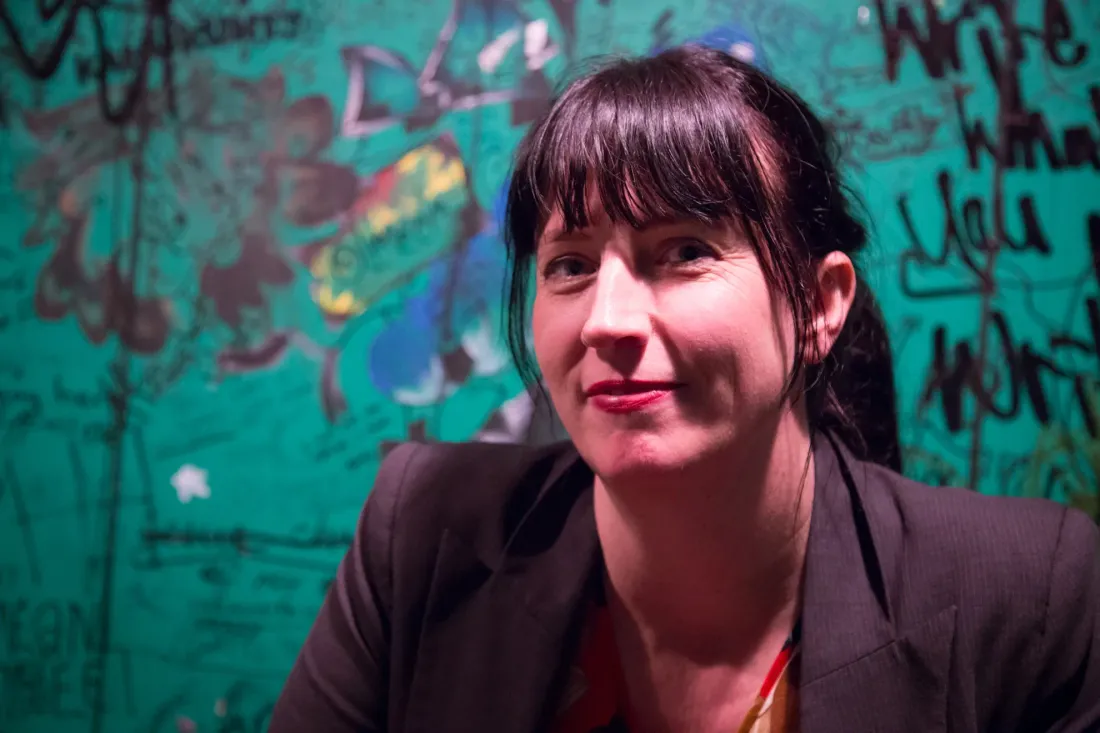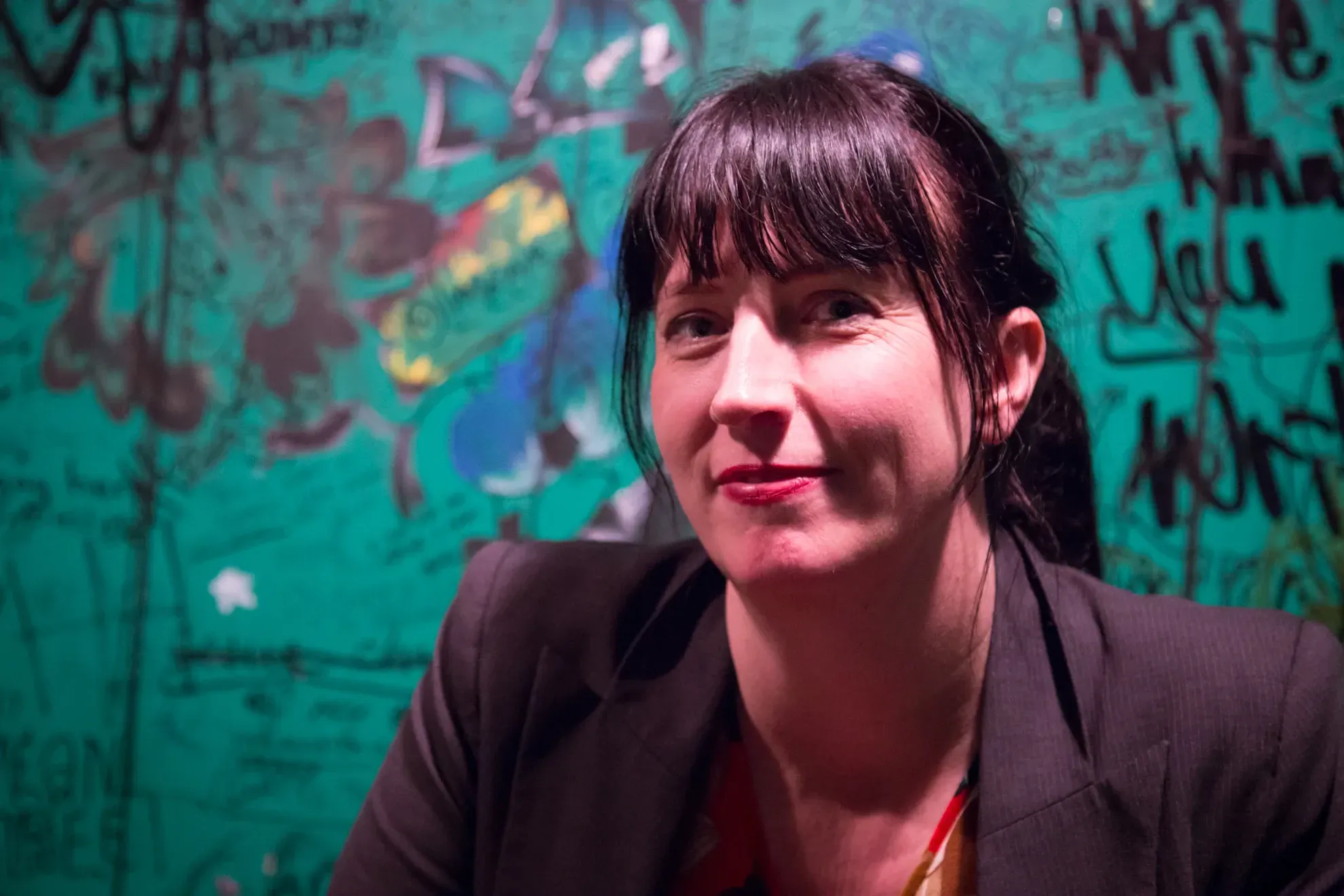Q&A - Rachael King on Word Christchurch


What drove you to take up writing?
I had always written as a kid and was quite good at it, and I always knew I wanted to write a novel one day, but although I read widely, I didn’t have the ideas or the discipline (or the raw talent) to write anything until I turned 30, when suddenly things fell into place. I had to really work at turning that desire to write into writing something people actually wanted to read. In short, what drove me to take up writing was the desire to be novelist.
At least two of your novels appear to have strong links to England. Does England have a particular significance for you?
Not particularly, but I have lived there so it was easy to draw on as a setting. Characters come to me first, and the characters of Thomas Edgar in The Sound of Butterflies and Henry Summers in Magpie Hall needed to come from there for the story. In my mid-20s I lived near Richmond Park, just out of London. I worked in a bookshop and had almost no money. I spent a lot of time walking in that park and writing in journals, so when it came to choosing where Thomas lived, it was a no-brainer. I drew on those journals and my love of that park for Thomas’s character.
Some people are burning to tell their story and think that if they read anyone else’s they’ll be too influenced, as if being influenced by good writing is a bad thing!
What's the single most important thing for any aspiring writer to understand?
You have to read widely in order to be able to write. You wouldn’t believe how many people who want to be writers don’t read.
What motivates non-readers to take up writing? And what happens when they try?
It’s a mystery to me, but some of them have heard that ‘everyone has a book in them’ so they give it a go; some people hear that writing a book makes you lots of money, yeah right! Some people are burning to tell their story and think that if they read anyone else’s they’ll be too influenced, as if being influenced by good writing is a bad thing! None of these things are motivations for people who love books.
Literary festivals give us a platform for ideas and discussion.
How long have you been at Word Christchurch?
I joined the board in 2011, and have been programme director since late 2013. The first festival I programmed was in 2014, when we rebranded from the Christchurch Writers’ Festival to WORD Christchurch.
How does Word Christchurch draw on your story telling skills?
Good question! I think coming up with ideas for sessions is a kind of storytelling. We have used the narrative of the festival’s rise since the quakes to shape it in many ways, and every year we have a theme – last festival it was ‘the planet and its people’, this year it’s ‘adventurous’. It helps sell the concept of the entire festival to people rather than a list of names.
What's wrong with the world which lit-fests can make a little bit better?
Literary festivals give us a platform for ideas and discussion. They bring us together to discuss the things that concern us, challenge us and comfort us. That sounds like a rehearsed soundbite but I honestly just made that up just now.
Word Christchurch kicks off Wednesday night, August 29. Book online, here.